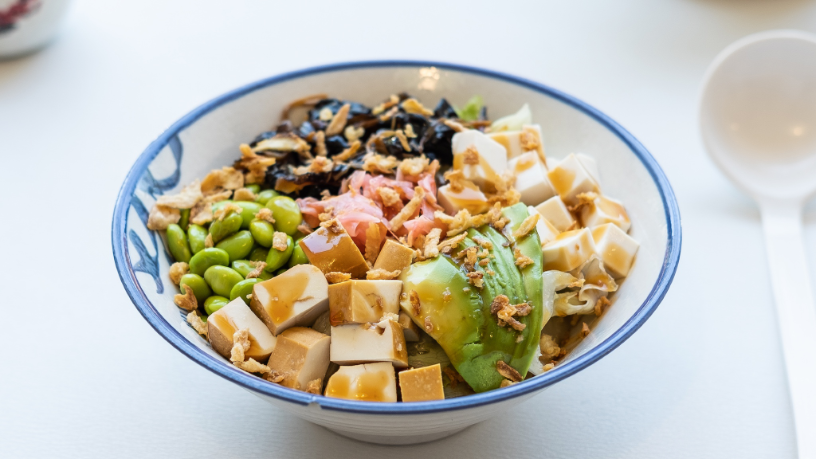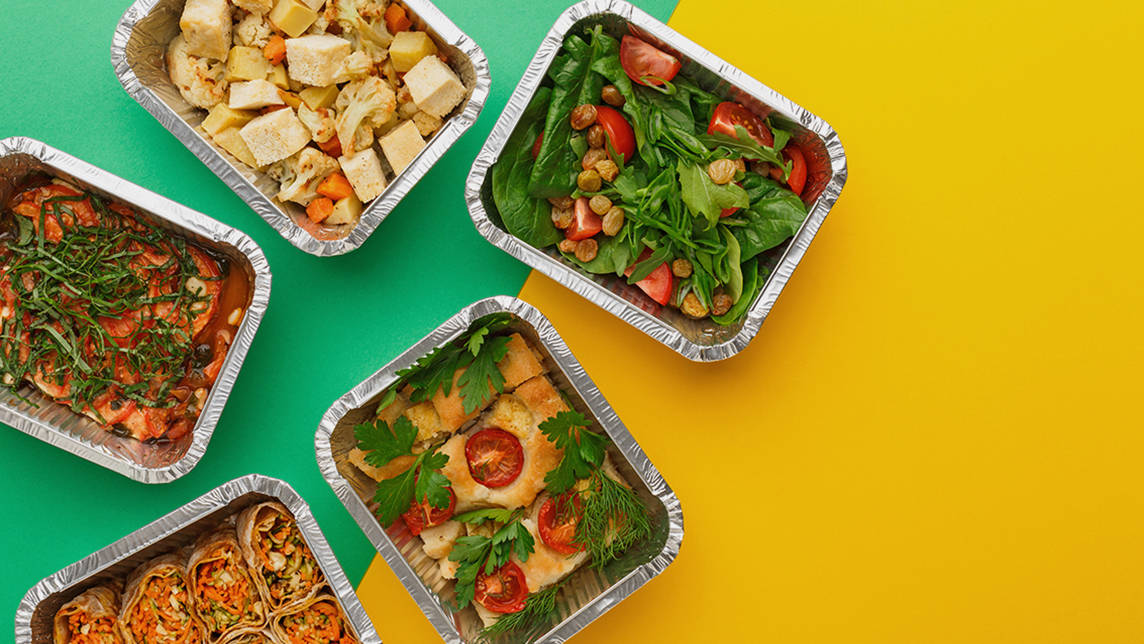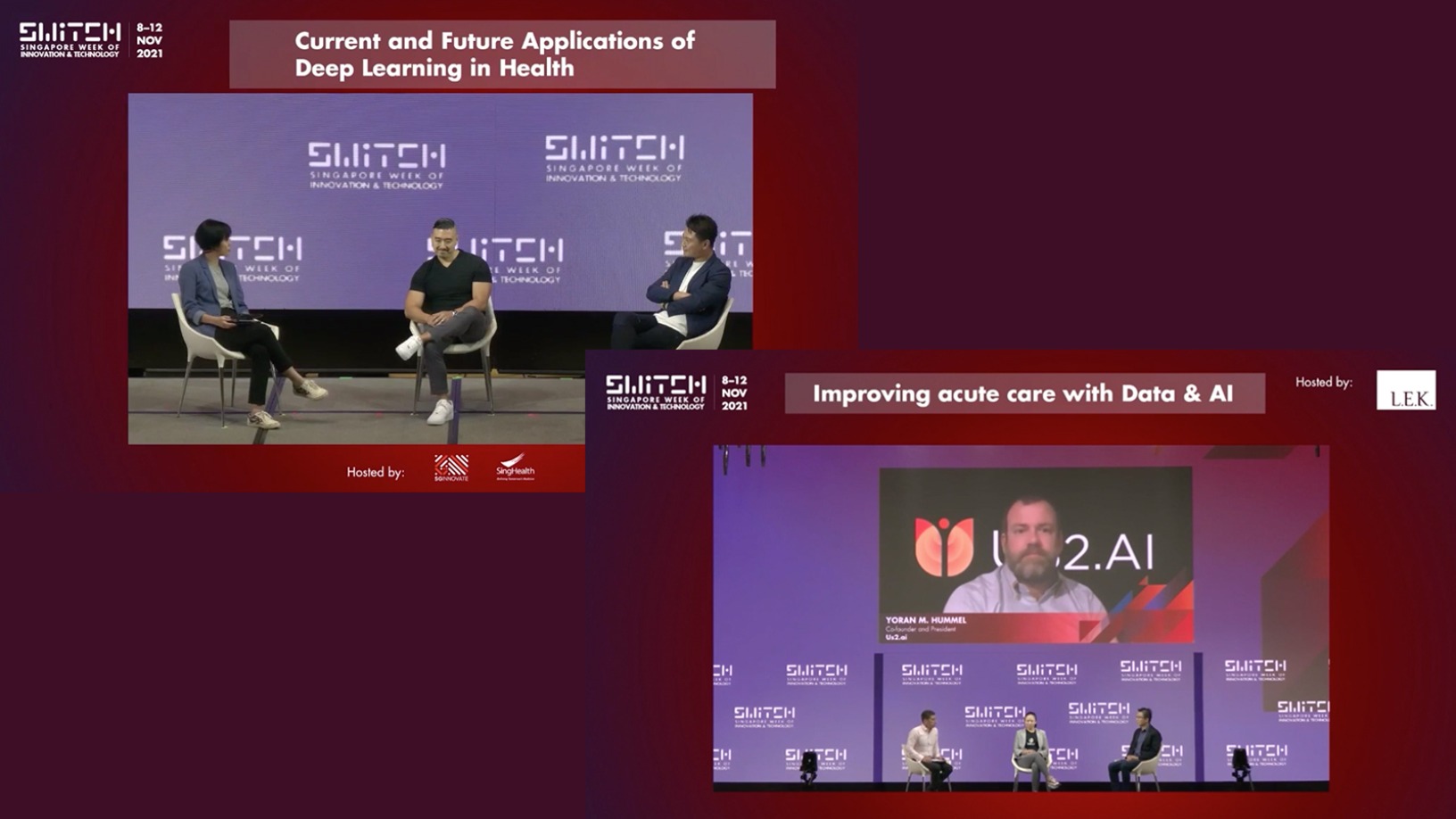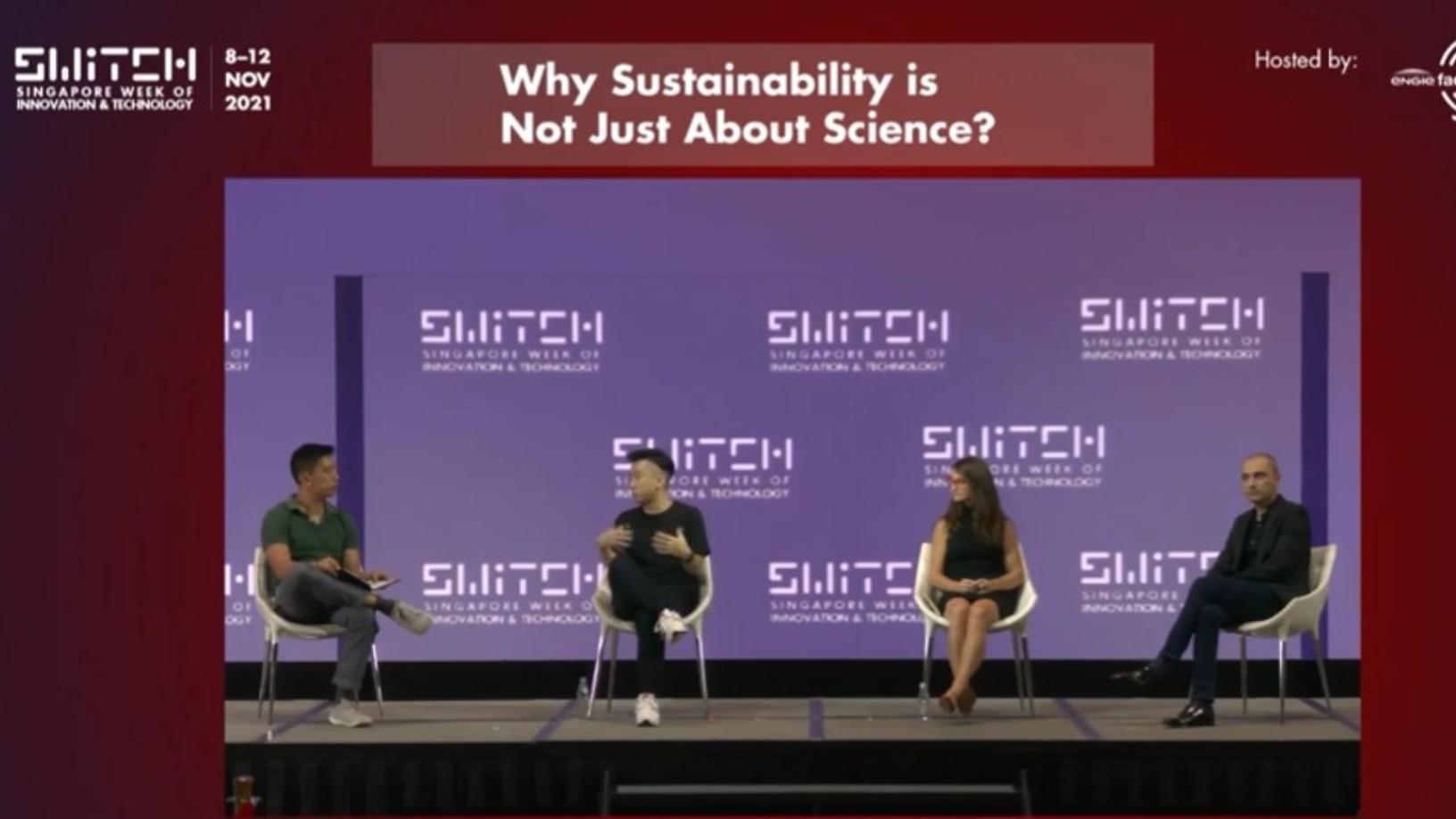The success of food delivery services Glovo, Deliveroo and Uber Eats has been lauded worldwide, as well as criticized for a low-cost delivery model that often relies on insecure employment contracts. Portugal's EatTasty began disrupting this delivery model in its own country, “far beyond simply putting a meal in a package and transporting it,” it says. The company is now enjoying success in the Spanish capital, Madrid, and has plans to expand to more urban centers internationally.
The EatTasty difference is twofold. First, it produces its own meals instead of relying on existing restaurants to produce them. Secondly, it is aimed at workers in their workplace instead of at-home deliveries. As a result, it only accepts orders until 12.00pm on weekdays. With sustainability and boosting community of local communities at the heart of its business model, EatTasty outsources preparation of its own recipes to under-utilized restaurant kitchens in the areas it delivers to, bolstering local employment and minimizing carbon footprints.
To this end, EatTasty is currently using outsourced kitchens to serve 13 city districts in both Lisbon and Madrid. Each kitchen typically prepares more than 150 meals daily and each is contracted to prepare EatTasty's menus before attending to their own customers. Unlike other on-demand services, EatTasty's delivery people enjoy formal work contracts.
Another key factor in the company's sustainability model is that it is also applying technology to lower wastage – from 14% to 3% of all the food it delivers – and gives any surplus food to local charities for immediate distribution.
The startup has attracted €2.1m in funding to date, including a seed round in 2019 that raised €1.1m from Portugal's largest independent private VC fund, the recently-opened Indico Capital Partners, and €650,000 from state investment company PME Investimentos. It also received undisclosed funding from a key player in the Portuguese restaurant sector, Ibersol, which holds the franchises of several of the nation's top-selling fast-food chains.
Waste-cutting algorithms
“Our team is preparing predictive models to build the perfect menu,” said co-founder Rui Costa to the Portuguese media. “We have an algorithm that makes calculations based on sales history, on next week's weather and on events. Other waste-cutting factors include never serving the same dishes twice a week in the same local area and using smart logistics – for example, factoring in the additional delivery time and knock-on effects caused by a local traffic accident.”
Besides sustainability, EatTasty also wants to differentiate its product from the often fast-food orientated on-demand delivery sector. Thus, professional chefs prepare a variety of balanced and healthy meals with fresh ingredients each morning. The meals cost far less than the price of other food delivery services, and are, importantly, cheap enough to provide an alternative to preparing food at home and bringing it to the office.
The company refuses to prepare food that loses quality rapidly, such as certain bread-based products. It also trains and certifies the chefs it uses. "The most important factors for us are brand values," the company told media. “Our meals continue to be faithful to the original recipes of the chef Rúben Couto. Our partners are subject to tests and certification to guarantee quality and ingredients are delivered fresh daily before 9am to each rented kitchen.
Miserable solo diners
To order, users simply register on the website via desktop, or download the app from the Apple Store (Google Play release is imminent). They can register themselves alone or as a group of friends, ordering and paying for the meals online before 12pm, either as a one-off purchase or for several days. Payment can be via credit card, Paypal or by using meal vouchers, a common European work perk. Prices start from below €2 for soups, with main courses costing around €6.
Costa and Orlando Lopes were inspired to launch EatTasty after a “eureka” moment in a Porto restaurant in 2015. Noticing that the place was full, yet those eating were mostly alone, the pair remarked that the other diners were only eating out because they did not want to cook, and that, if they had the choice, these people would prefer to eat at home. "Why not create a community of home-style cooking?” they thought.
The pair saw the opportunity in the growing on-demand and healthy food sectors, combined with a demand for workplace meal solutions that most companies cannot meet. Office deliveries also allow for a greater concentration of deliveries in a shorter time and create a growing pool of customers at the same address as co-workers each discover the service. This also permits lower prices. Additionally, home orders are currently accepted.
The co-founders said that their aim was to substitute work canteens and that it intends to work with companies to provide them with EatTasty services rather than signing contracts with catering companies. This would lower costs, avoid the need to manage concessions and also allow companies to better control the menu on offer.
Going global was a priority from day one. Besides increasing its locations beyond Lisbon and Madrid on the Iberian peninsula, the next objective is to start selling breakfasts. In preparation, EatTasty wasted no time in buying out the growing Portuguese breakfast delivery company Breadfast in May 2019.
Exponential growth
The company entered Spain in July 2019 and recently celebrated its 250,000th delivery less than four years after launching its services – an exponential increase of 110,000 over the previous six months. In Lisbon alone, it serves 1,000 meals daily. The company now employs more than 30 people in Portugal and Spain and has a team in each city dedicated to logistics, sales and partnerships with local restaurants. The company forecast revenue of €1m in 2019, with over sales growing fourfold in the 2018–2019 period.
In order to scale as fast as possible internationally, EatTasty is considering franchises, or, as is the case in Madrid, directing a team from Portugal to provide wide-ranging and strict expansion guidelines such as recipe selection or employment of delivery staff. It is also entering other market verticals such as hotels or events, where organizers can avoid hiring external caterers.
Costa has significant prior experience in tech, including as a local TEDx organizer, an IT tutor, project manager and digital strategist. Lopes holds a master's in Management and Industrial Engineering and has experience in product management and sales. Neither had prior experience in the on-demand or food sectors, but it looks as if that fact has not disadvantaged the pair.










